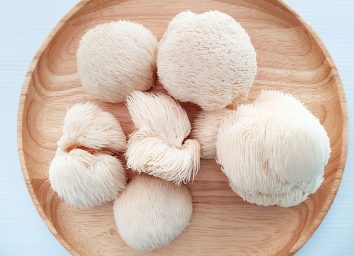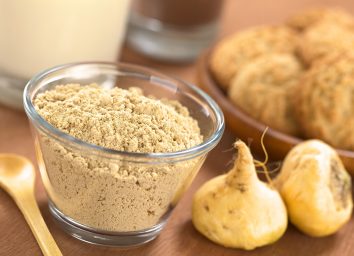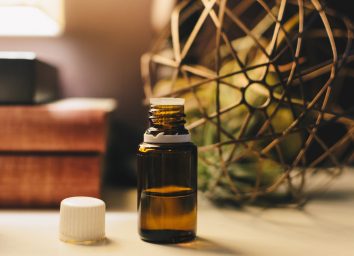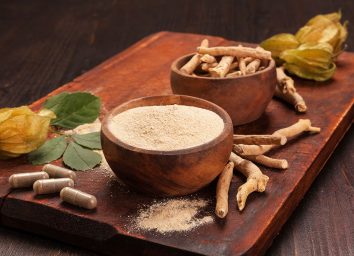What Are the Benefits of Using Schisandra Berry?
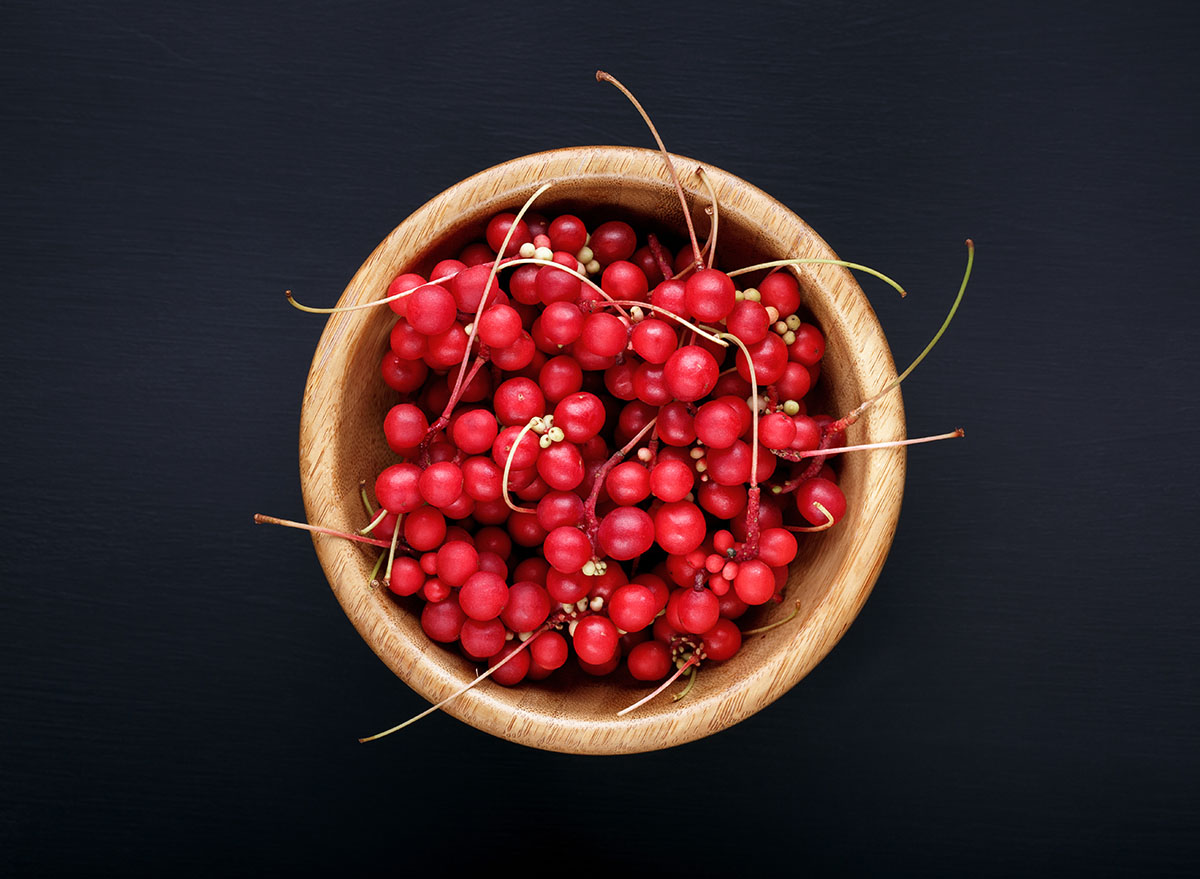
We have so much to learn from natural remedies used in Chinese traditional medicine. The country has the longest history of documented health results from treatments, more than 2,200 years worth of observation and experimentation. Ancient methods of medicine are still widely used as the standard of care. For Americans, many of these herbal therapies are preferable to harsher prescription medication but are also increasingly being used as disease prevention—to optimize overall health and fight the disease before it even develops. That’s the case with schisandra berry. Let’s take a look at the benefits of adding it to your diet.
What is schisandra?
Adrien Paczosa, RD, LD, CEDRD-S, a licenced dietitian practicing in Austin, Texas and founder of I Live Well Nutrition says, “Schisandra is a berry and would fall into the category of goji or acai. It has antioxidant components and it’s protective. But there still isn’t enough research on it.”
It is the berry of a climbing vine that grows in Northern China and Russia. Some alternative names for it are Wu wei zi and the “five flavor fruit”—the latter because it has all the different taste components: sweet, sour, bitter, pungent, and salty. The berry is extremely high in antioxidants and lignans.
Schisandra is available fresh or dried in whole food form and in powders or tinctures. The vitamin content depends on how you eat it, Adrien explains, “Eating it sourced from the berry yields more fiber.” It is typically used for medicinal purposes only.
What are the health benefits of schisandra?
There seem to be quite a few potential benefits to schisandra. It’s been used to lower both mental and physical stress and restore balance to the body’s systems. It detoxifies the liver and boosts cognition and concentration. Studies on animals have found anti-inflammatory and anti-cancer effects as well as a boost to the metabolism. There are very few human clinical trials in existance. Probably the most widely studied area is the positive effect it has on liver function. Schisandra can protect liver function and help in the recovery of liver-transplant patients.
In Chinese medicine, schisandra is used to alleviate symptoms of menopause, fight the symptoms of aging, detoxify the body, and restore vitality. It has also been used in skin tonics. It’s very astringent and helps the skin hold moisture, restoring a youthful glow. Schisandra is considered an adaptogen, a term used in holistic medicine for herbs that help the body maintain balance and adapt to physical, chemical, and biological stressors.
Are there side effects to taking schisandra?
There is some indication that schisandra may cause uterine contractions and for this reason it shouldn’t be consumed during pregnancy. Some possible interactions with prescription medications exist, especially medication meant to prevent blood clots and liver medication.
Outside of these interactions, there are no major known side effects of schisandra. However, keep in mind that research still needs to be done on schisandras effect on humans. With such proverbial benefits, more research would help optimize its use.
Adding schisandra to your diet
You can add schisandra berries, powders, and tinctures to your smoothies and juices, or simply eat the berries whole (although they may be too sour for direct consumption). Just a few berries a day can provide the benefits described by traditional medicine. There are also recipes for schisandra syrup, and it’s used similarly to elderberry syrup, which boosts the immune system. Other recipes, like this one for strawberry salad, combine the powder with sweet and savory foods.
